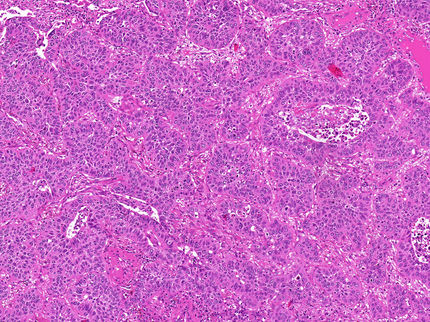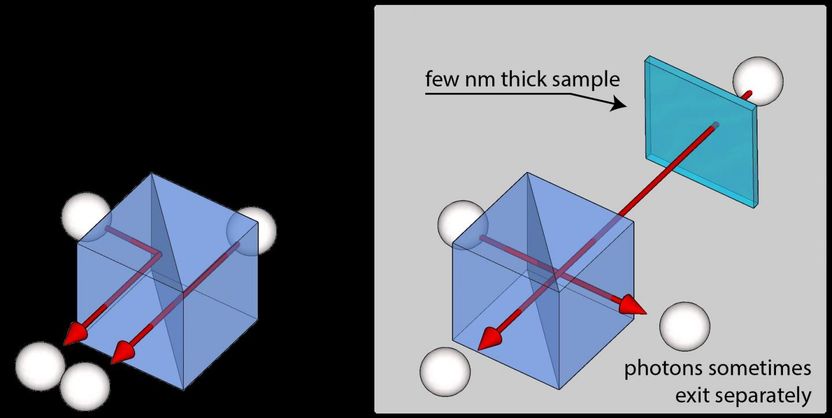Cancer biomarker - detectable by blood test - could improve prostate cancer detection
A new study supports the use of a DNA-based "biomarker" blood test as a complement to the prostate-specific antigen (PSA) test currently offered to screen men for prostate cancer. University of Cincinnati (UC) researchers report their findings online ahead of print in the British Journal of cancer.
Researchers conducted a meta-analysis of existing published data related to DNA methylation in bodily fluids. The goal was to evaluate a specific cancer biomarker — known as GSTP1 — as a screening tool for prostate cancer.
The study was a cross-disciplinary collaborative effort of UC molecular epidemiologist Tianying Wu, MD, PhD, epigenetic expert and UC environmental health chair Shuk-Mei Ho, PhD, former UC environmental health post-doc Wang-Yee Tang, PhD, UC statistician Jeff Welge and Harvard cancer epidemiologist Edward Giovannucci, MD. Wu's postdoctoral fellow Palash Mallick, PhD, also contributed to the study.
Wu merged epidemiologic and molecular data from 22 studies conducted in the United States and Europe between 2000 and 2009. More than 2000 human biologic samples (1,635 prostate cancer cases and 573 controls) were analyzed for the current study, including whole blood, plasma, urine, ejaculates and other secretions.
Wu determined that GSTP1 was a statistically significant biomarker for prostate cancer and could increase the specificity of prostate cancer diagnosis by up to 70 percent as compared to using the PSA test alone.
"The PSA test is highly sensitive, but it cannot differentiate between prostate cancer and benign prostatic conditions such as benign prostatic hyperplasia, leading many men to have unnecessary biopsies," says Wu, lead author of the study and assistant professor of environmental health at UC.
"It is unlikely that we would find a marker that has the same sensitivity as PSA," she adds, "but finding a highly specific circulating biomarker like GSTP1 that complements the PSA test could greatly improve the accuracy of prostate cancer detection before recommending patients for an invasive biopsy."
Alterations of the DNA methylation process are commonly associated with cancerous tumor growth and changes can be detected in bodily fluids. GSTP1 DNA methylation is particularly associated with prostate cancer and can be detected in the bloodstream using high throughput standardized molecular biology techniques
"Measuring GSTPI in plasma or urine is an easy and non-invasive test. This biomarker will give physicians reassurance regards to whether to conduct biopsies in selected patients," adds Wu.
Most read news
Topics
Organizations
Other news from the department science

Get the analytics and lab tech industry in your inbox
By submitting this form you agree that LUMITOS AG will send you the newsletter(s) selected above by email. Your data will not be passed on to third parties. Your data will be stored and processed in accordance with our data protection regulations. LUMITOS may contact you by email for the purpose of advertising or market and opinion surveys. You can revoke your consent at any time without giving reasons to LUMITOS AG, Ernst-Augustin-Str. 2, 12489 Berlin, Germany or by e-mail at revoke@lumitos.com with effect for the future. In addition, each email contains a link to unsubscribe from the corresponding newsletter.


























































